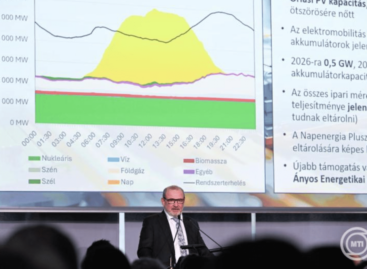GKI: The need for competitiveness reforms in the EU and Hungary’s role in the changes
The European Union faces significant competitive challenges, needing reforms as outlined in the Draghi report. Key areas for improvement include promoting innovation, boosting digital transformation, enhancing energy efficiency, reforming the labor market, and strengthening trade. Peace is crucial for stabilizing energy prices and trade routes, which are disrupted by conflicts like the Russian-Ukrainian war.
Innovation investments must increase, with EU member states targeting at least 3% of GDP. Digital skills training and infrastructure improvements are vital, as is support for small businesses and cross-border initiatives. Energy independence and a green economy are also priorities, requiring investment in renewable technologies.
Hungary plays a notable role in EU competitiveness through its strong industrial base, especially in the automotive and technology sectors, and aims to diversify energy sources to support EU sustainability goals.
Related news
EU adopts rule to prevent destruction of unsold clothing
🎧 Hallgasd a cikket: Lejátszás Szünet Folytatás Leállítás Nyelv: Auto…
Read more >Related news
Brits Embrace At‑Home Celebrations While Germans Cut Back on Valentine’s Day Spending
🎧 Hallgasd a cikket: Lejátszás Szünet Folytatás Leállítás Nyelv: Auto…
Read more >










